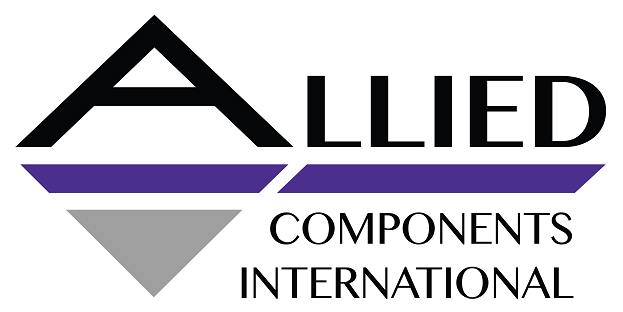Recognizing the Significance of Magnetic Coupling of RJ45 Sockets

It's a question that's frequently asked on internet forums but rarely answered with precision.
The simple answer is that ethernet specifications require it, but it isn't very helpful. So here's a closer look at why this method of connection was selected for that type of ethernet.
Ethernet connections can support relatively long runs, which allow equipment on different ends to be powered from far-away branches of power from a distribution network with a building or two buildings.
This is both good news and bad news.
On one hand, it provides a lot of flexibility. On the other hand, it can also lead to significant "ground offset" between ethernet nodes. This, of course, can lead to problems with ground-referenced communication schemes.
To deal with ground offset problems, you can either go with an opto-isolation system or you can use a transformer coupling.
Generally speaking, a transformer coupling is a better option. It can support up to 10 MHz of digital signals, which far outpaces opto-couplers. Sure, you can go with light transmission means, but they are incredibly expensive and complicated.
So there's the answer, right? Not so fast.Using a transformer coupling could lead to a loss of your DC. This might give you a headache, but don't worry--it can be fixed. All you have to do is make sure all of your information is carried by a modulation that is fast enough to make it through by leveraging the power of transformers.
Transformers provide advantages including common mode rejection because they only "see" voltage across their windings, not through the common voltage that is being driven at both ends of the winding at the same time. This provides you with a differential front end without having to worry about a deliberate circuit.
Be careful when you're choosing a transformer to fend off against DC loss. Make sure the transformer isolates the primary and secondary by several hundred volts--and even ramp it up to 1,000--to ensure that your ethernet can be used to effectively communicate between two nodes.


